|
|
|
|
Pregnancy and childbirth are a special period in a woman’s life. But across the world more than 800 women die every day from causes related to pregnancy and childbirth. In developing countries these deaths are often the result of inadequate care. In some countries, the way a woman looks or speaks could be the difference between life and death. Patience Afulani unpacks how the views and biases of healthcare workers influence the way in
which patients are treated.
There are many ways to be a man, and the artist Nakhane has always refused to fit neatly within the conventional and patriarchal norms. The singer-songwriter, novelist and actor continues putting out movies and music videos that openly challenge the status quo. In this week’s episode of Pasha, Gibson Ncube picks Nakhane’s brain on masculinity, Inxeba the movie and new music.
|
Ina Skosana
Health + Medicine Editor (Africa edition)
|

|
|
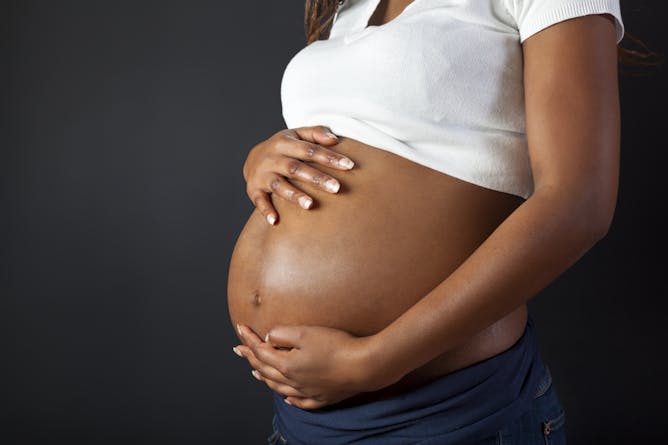
GettyImages
Patience Afulani, University of California, San Francisco
Studies in poor countries have highlighted disparities in respectful and responsive care during childbirth based on women’s socioeconomic status and other characteristics.
|
Health + Medicine
|
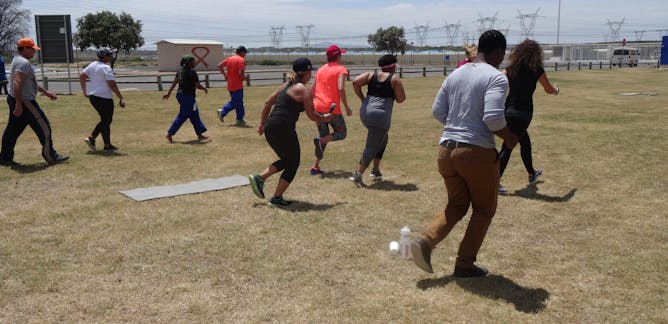
Darcelle Schouw, Stellenbosch University; Bob Mash, Stellenbosch University
Workplace-based interventions could make a substantial contribution to reducing the burden of noncommunicable diseases in the country.
| |
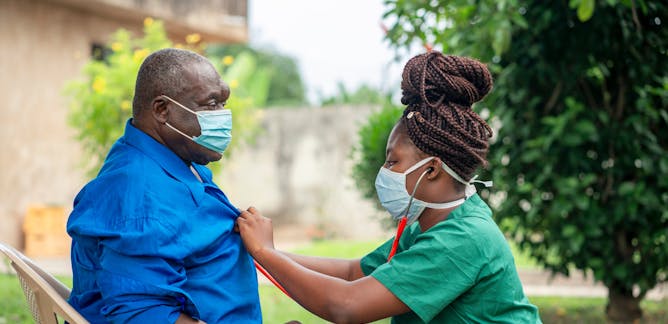
Cati Coe, Rutgers University
In Ghana, adult children are straining to care for their aged parents and there is an increasing sense that government needs to step in.
|
|
|
Podcasts
|
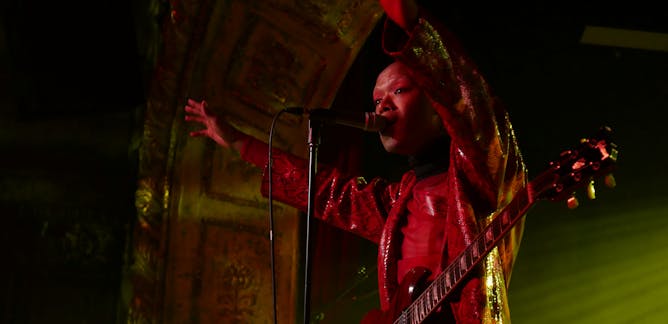
Ozayr Patel, The Conversation
Nakhane’s artistic oeuvre makes visible marginalised masculine identities.
| |
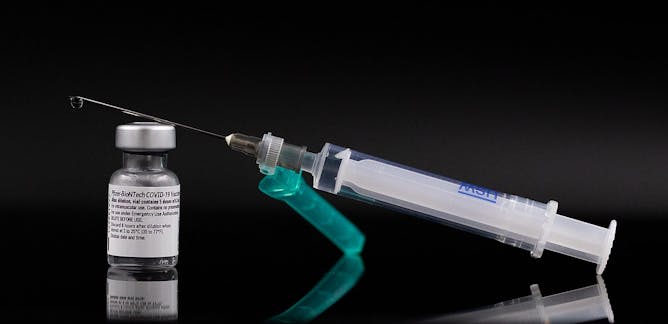
Wale Fatade, The Conversation; Usifo Omozokpea, The Conversation
Nigeria needs a coherent plan to get COVID-19 vaccines.
|
|
|
From our international editions
|
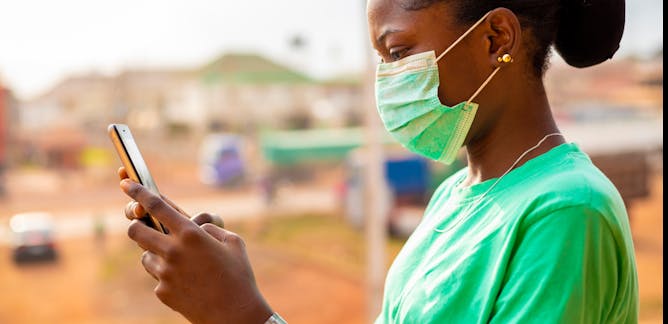
Negin Dahya, University of Toronto; Cansu E. Dedeoglu, University of Toronto; Laurie Decarpentrie, Université du Québec à Montréal (UQAM); Olivier Arvisais, Université du Québec à Montréal (UQAM)
During the ongoing coronavirus pandemic, research in places like refugee camps can continue through mobile devices connected to the internet.
| |
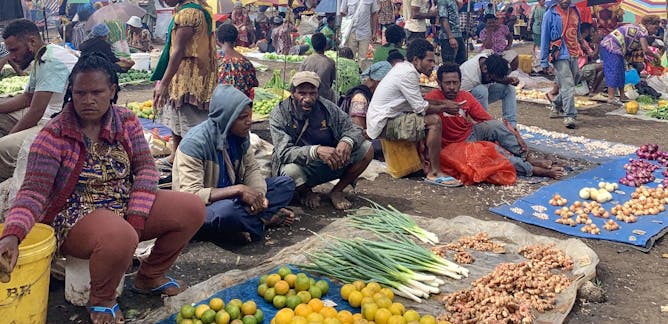
Katrina Kosec, Johns Hopkins University; Cecilia Hyunjung Mo, University of California, Berkeley
A new study explores how feelings of relative poverty can negatively affect gender dynamics among households.
|
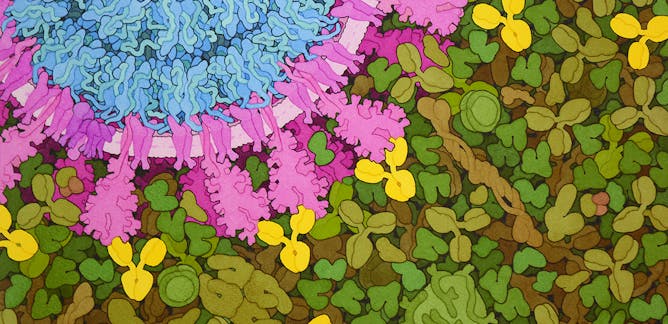
Nathan Ahlgren, Clark University
A biologist explains what proteins do in viruses, how they interact with human cells, how the vaccine delivers mRNA into the cell and how antibodies protect us.
| |
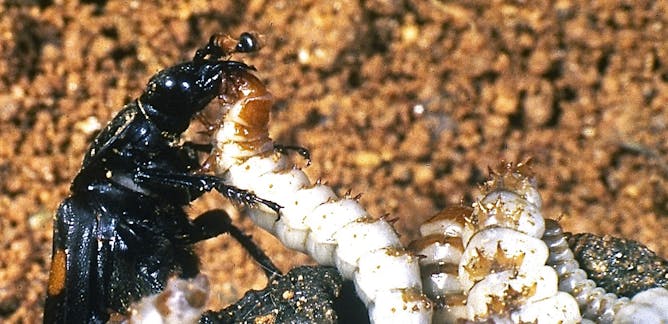
Stephen Trumbo, University of Connecticut
If you think only humans engage in disinformation, think again. Here is a stunning example of a beetle manipulating the odors emitted from a rotting corpse to keep it hidden from competitors.
|
|
|
En Français
|

Hèla Yousfi, Université Paris Dauphine – PSL
L’histoire se répète en Tunisie. En ce mois de janvier, de nouvelles manifestations, violemment réprimées, ont lieu dans tout le pays. La jeunesse en particulier réclame une démocratie durable.
| |
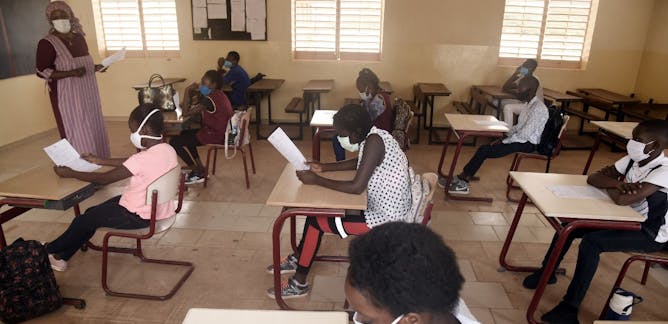
Raphaël Besson, Université Grenoble Alpes (UGA)
Présentation du cadre théorique d’une étude intitulée « Comprendre la dynamique des écosystèmes apprenants au service des transitions en Afrique ».
|
|
|
| |
Featured events
|

|
Centre for Human Rights, Faculty of Law, University of Pretoria, Pretoria, Gauteng, 0002, South Africa — University of Pretoria
|
|
|
|
| |
| |
| |
Would you like to republish any of these articles?
|
|
It’s free to republish, here are the guidelines.
Contact us on africa-republish@theconversation.com in case you need assistance.
|
| |
| |
| |
| |
|
|
|
|
|
|
|